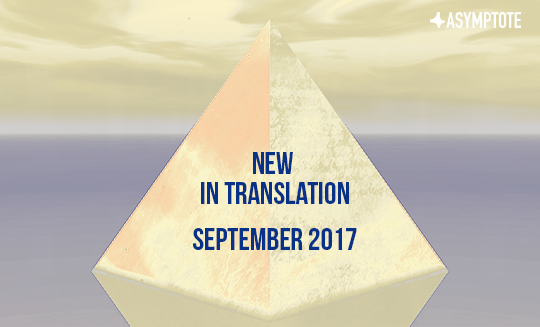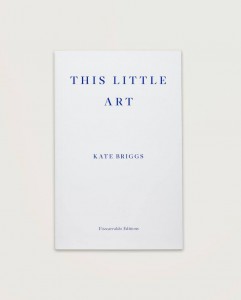Everything Lost is Found Again: Four Seasons in Lesotho by Will McGrath, Dzanc Books, 2018
To recognize one’s own foreignness in a place that is foreign is difficult. To write it is even harder. In Everything Lost is Found Again, journalist Will McGrath’s Lesotho-set travelogue, he does what is almost antithetical to the travel writing genre and acknowledges his foreignness, resisting the impulse to position himself as the default cultural setting and transfer “otherness” to the country and its citizens. The fact that this book is printed in English and primarily sold in the States means that his audience is also foreign to the place he is writing about, making McGrath’s reversal a considerable achievement.
But let’s begin one step back. How should a foreigner write about a place, particularly a place in Africa: the continent of ready stereotypes and tired clichés? In Binyavanga Wainaina’s satirical 2005 Granta essay, “How to Write About Africa,” the Kenyan author advises: “In your text, treat Africa as if it were one country . . . Don’t get bogged down with precise descriptions . . . Throughout the book, adopt a sotto voice, in conspiracy with the reader, and a sad I-expected-so-much tone . . . Remember, any work you submit in which people look filthy and miserable will be referred to as the ‘real Africa,’ and you want that on your dust jacket . . . Readers will be put off if you don’t mention the light in Africa. And sunsets, the African sunset is a must. It is always big and red. There is always a big sky.”



